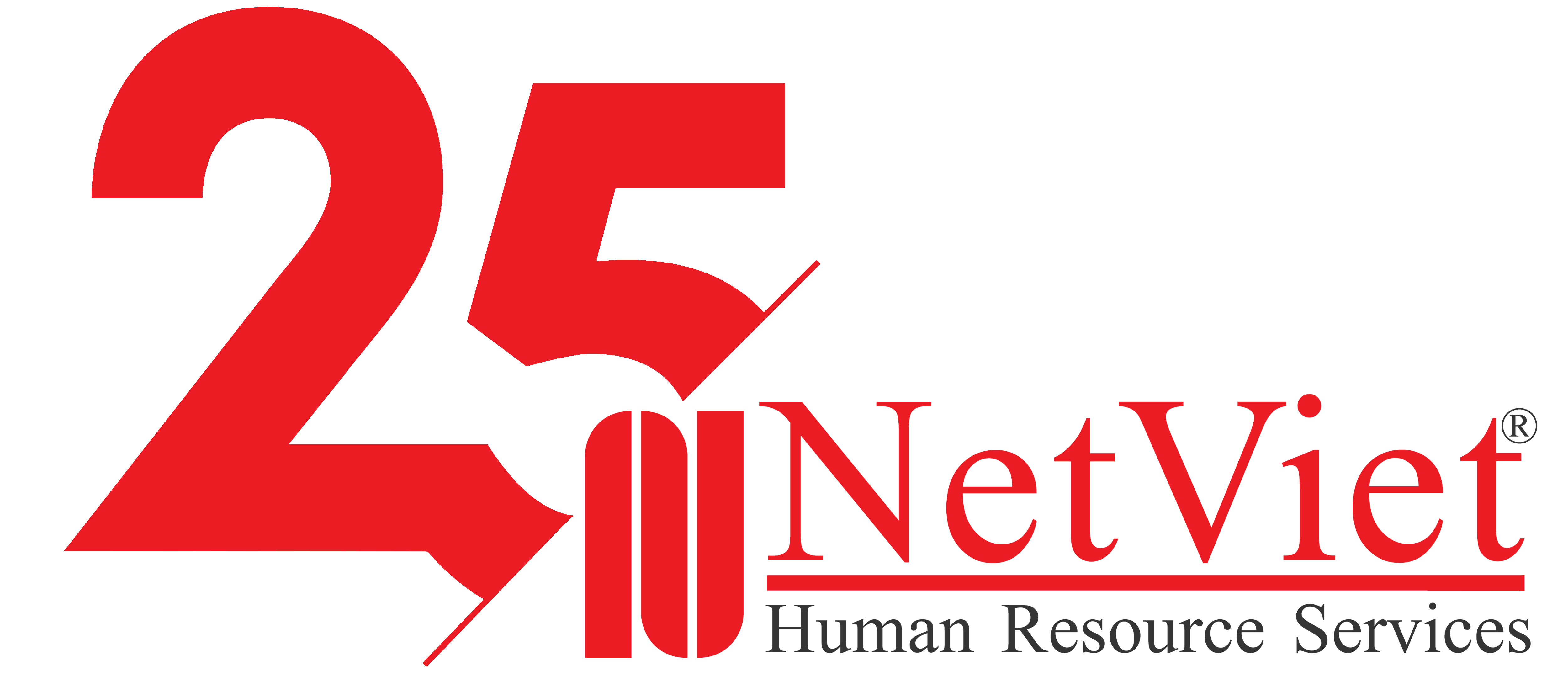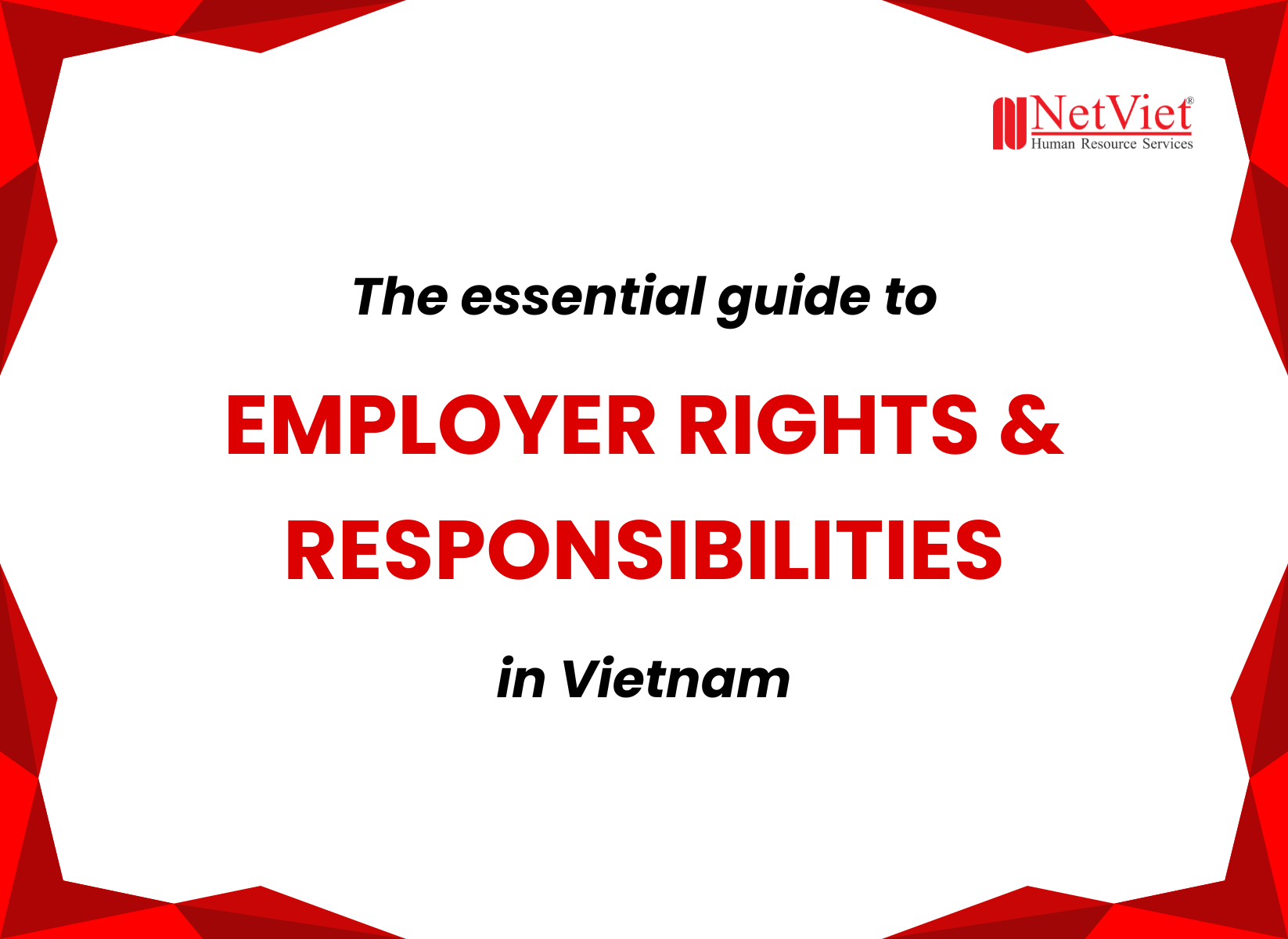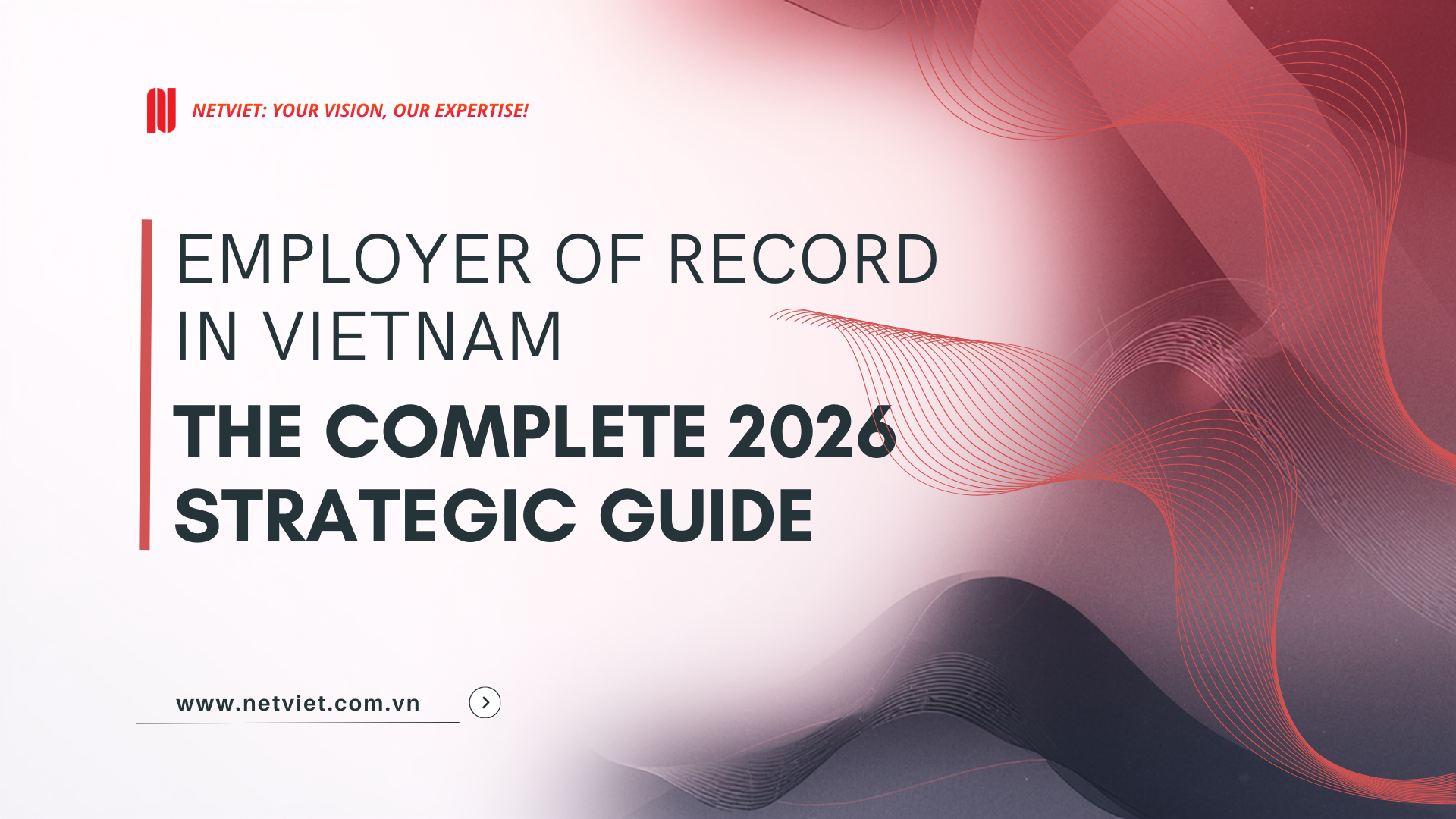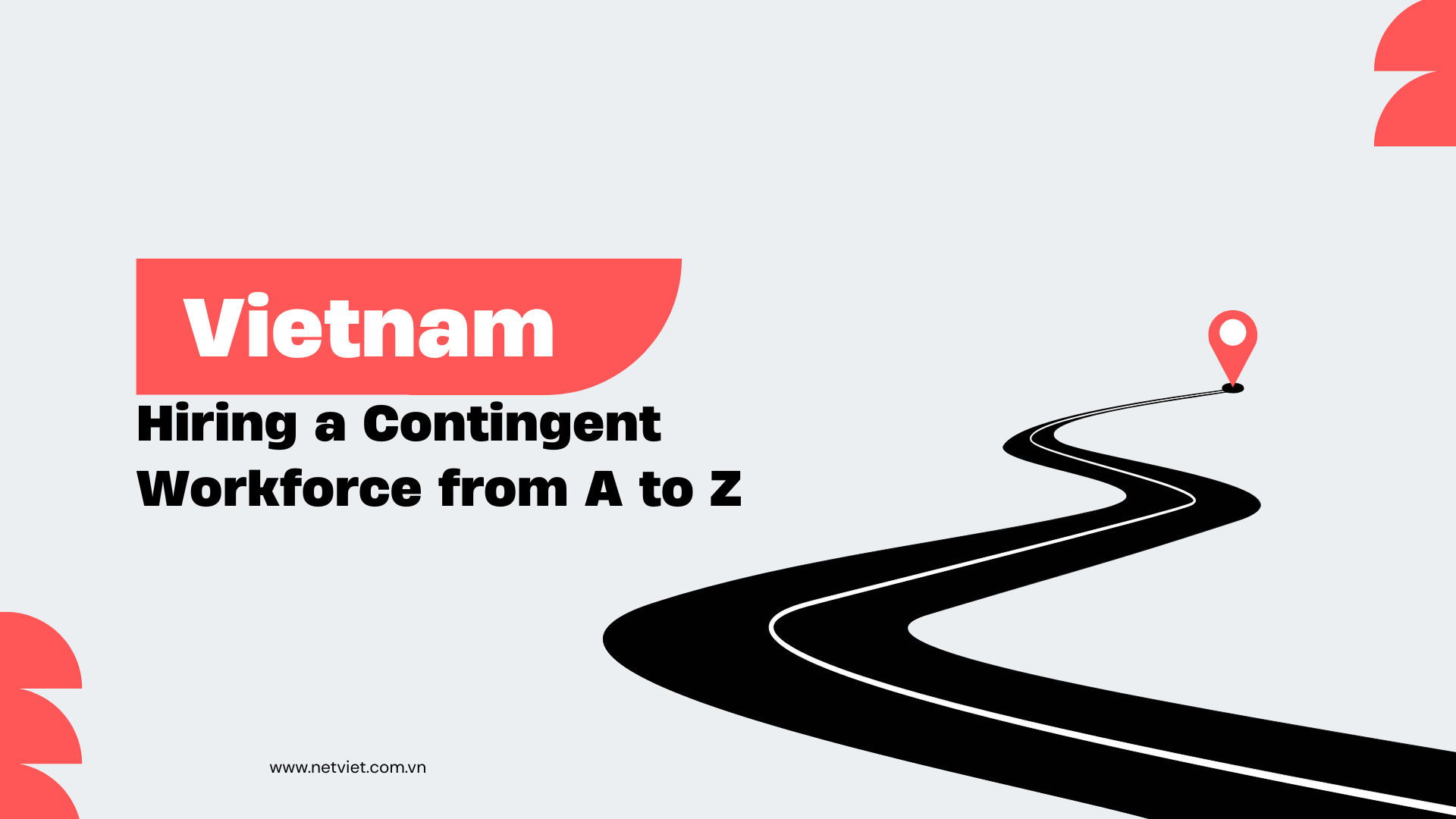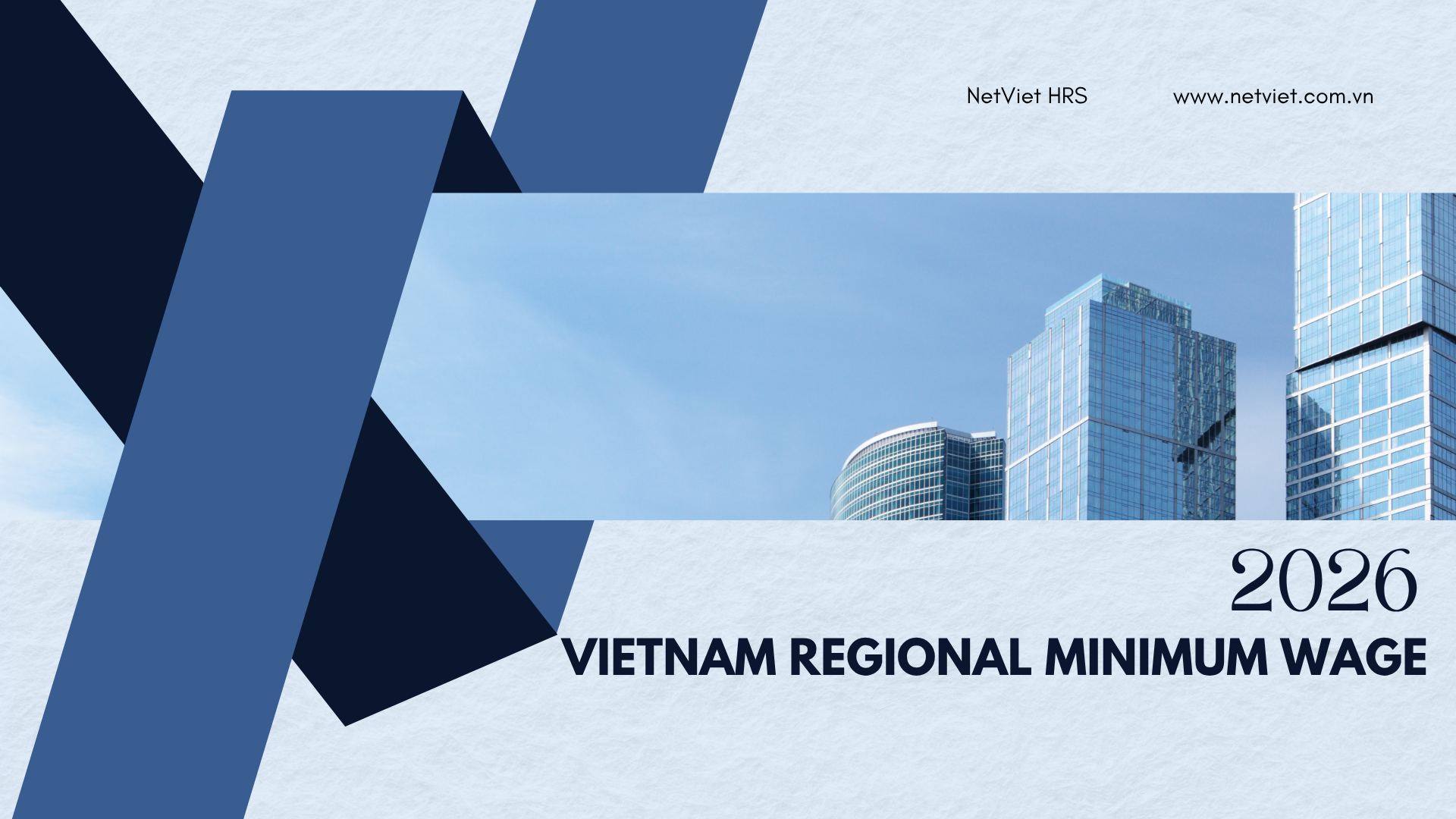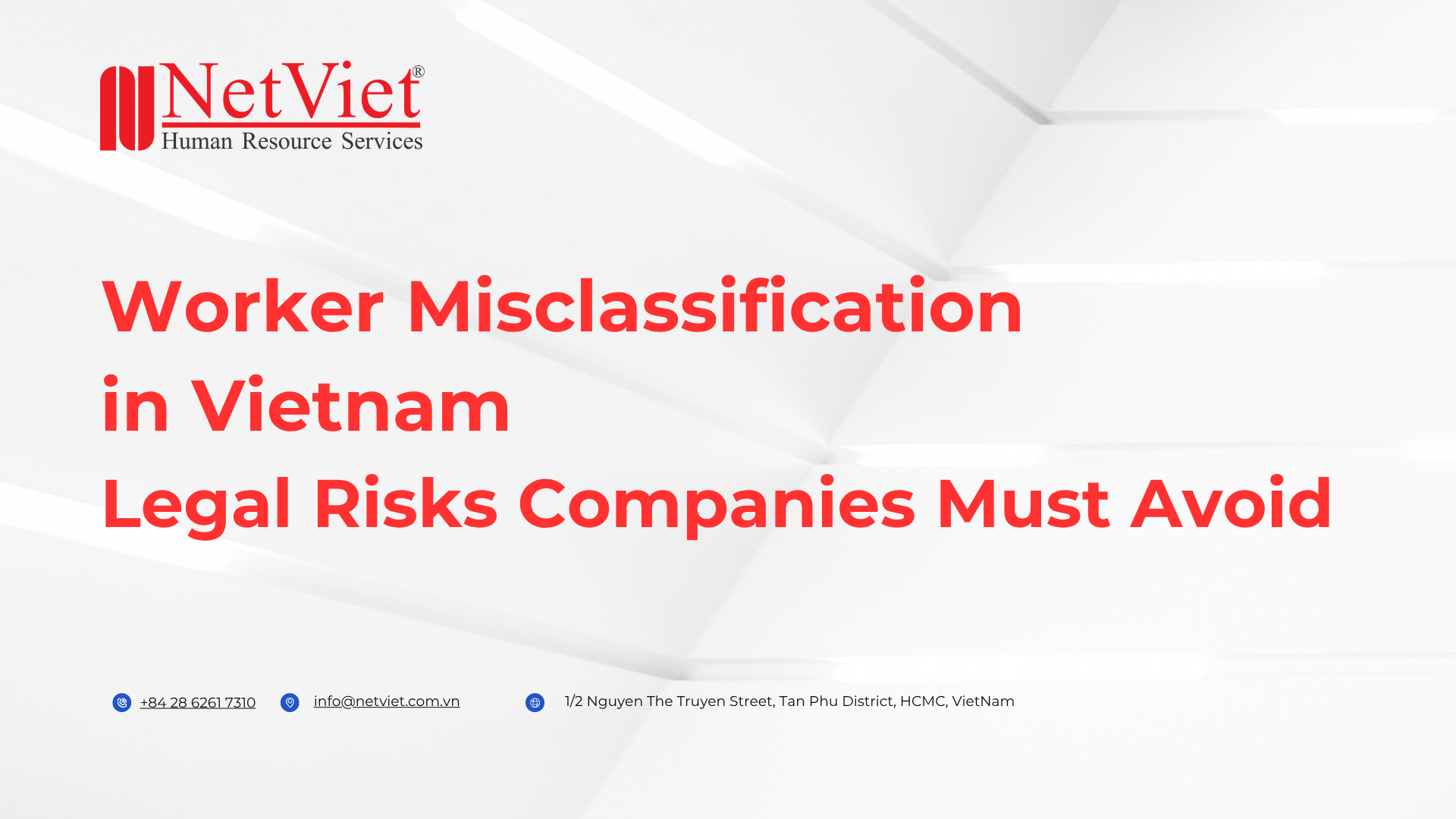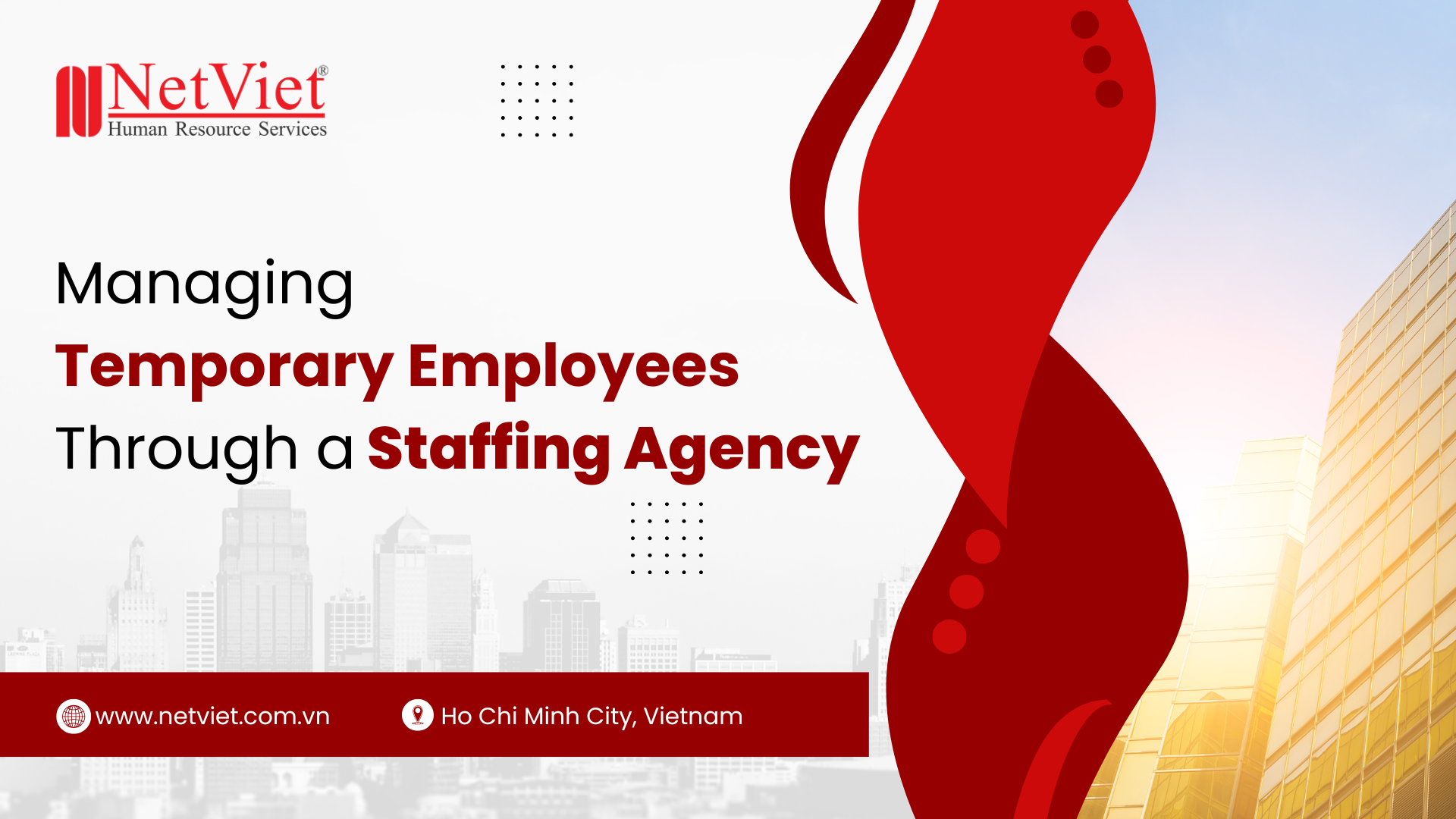Contents
ToggleSummarize:
Who Can Be an Employer in Vietnam?
In Vietnam’s developing market, employers come in all shapes and sizes. This includes:
- State agencies
- Social organizations
- Businesses (of all types)
- Cooperatives
- Foreign organizations with a presence in Vietnam
- Individuals and households (meeting certain requirements)
Key Requirement for Employers: Legal status under Vietnamese law (for businesses, agencies, and organizations).
What Employers Can Do (Their Rights)
- Recruit, manage, and supervise employees.
- Reward good performance and address disciplinary issues.
- Participate in employer organizations and negotiations.
- Temporarily close the workplace (following regulations).
- And more (as outlined by Vietnamese law).
What Employers Must Do (Their Obligations)
- Uphold labor contracts.
- Respect employee dignity.
- Maintain open communication with employees.
- Provide training and development opportunities for employees.
- Comply with labor laws (including safety regulations).
- Prevent sexual harassment in the workplace.
- Participate in vocational skill development initiatives.
How Employment Relationships Begin, Change, and End
Start: A is hired by an employer (through a formal agreement).
Change: Events can alter the rights and obligations of both parties.
End: Legal events or the will of either party can terminate the relationship.
Who is an Employer?
In a developing market economy like Vietnam, an employer encompasses state agencies, social organizations, economic units of various components, cooperatives, foreign agencies, organizations within Vietnam, individuals, and households. According to Clause 2, Article 3 of the Labor Code 2019: “An employer is an enterprise, agency, organisation, cooperative, household, or individual who hires or employs one or more workers according to an agreement. Where the employer is an individual, that individual must have full capacity for civil acts.”
Legal Status and Recruitment
Enterprises, agencies, organizations, and cooperatives in Vietnam must have legal status under Vietnamese law to recruit labor. This legal status is necessary for the State to recognize its labor law capacity, allowing it to select and use labor from the time the State recognizes or establishes these legal entities. Legal entities often express their labor law capacity through their representatives. Businesses must be licensed to operate under current law.
Individuals and households are also permitted to recruit labor if needed. Individuals recruiting labor for households must be 18 years or older, have normal awareness, legal residence, and the ability to ensure wages and working conditions for employees.
Rights and Obligations of Employers
Labor law relations encompass the rights and obligations of the parties involved. Each party has specific legal rights and obligations, forming a unified legal relationship. Both parties must perform and respect certain rights and obligations as prescribed by law to ensure social order and a safe working and living environment.
Employer Rights
As stipulated in Clause 1, Article 6 of the Labor Code 2019, employers have the following rights:
- To recruit, arrange, manage, direct and supervise labour, and to reward and deal with breaches of labour disciplinary regulations by workers;
- To establish, join and participate in the activities of employers’ representative organisations, occupational associations and other organisations in accordance with the law;
- To request workers’ representative organisations to negotiate in order to sign collective bargaining agreements, to participate in the resolution of labour disputes and strikes, and to conduct dialogues and discussions with workers’ representative organisations on labour relations issues to improve the material and spiritual lives of workers;
- To temporarily close their workplace;
- To exercise other rights in accordance with the law.
Employer Obligations
Download the Labor Contract Template: here
Clause 2, Article 6 of the Labor Code 2019 specifies the obligations of employers:
- To perform the employment contract, the collective bargaining agreement, and other lawful agreements; and to respect the honour and dignity of workers;
- To establish a mechanism for and engage in dialogue and discussion with workers and workers’ representative organisations, and to implement regulations on grassroots democracy at the workplace;
- To train, retrain and enhance occupational qualifications and skills of workers in order to support retention and transition of job and occupation for workers.
- To comply with the laws on labour, employment, vocational education and training, social insurance, health insurance, unemployment insurance and occupational safety and health; and to develop and implement solutions to prevent sexual harassment at the workplace;
- To participate in the development of national standards for occupational skills, and in the evaluation and certification of workers’ occupational skills.
Grounds for Arising, Changing, and Terminating Labor Law Relations
Legal Events Giving Rise to Labor Law Relations
This is the event of the employee entering employment with the employing unit. This event can occur based on different forms of labor recruitment (acts of concluding labor contracts) but always reflects the will of the two parties: the employee requires employment and wants to work for the unit, and the employer needs manpower and agrees to accept the employee. That shows that labor law relations must be established based on the freedom and voluntariness of the parties. The Labor Code does not recognize labor relations that arise from the parties coercing or deceiving each other and even less recognizes the will of a third party to intervene in the establishment of labor relations between the employee and the employer.
Legal Events That Change Labor Law Relations
These are events that change the rights and obligations of the parties in the established labor law relationship. This event can occur due to the will of both parties, due to the will of the employer, or due to the will of a third party outside the labor law relationship.
Legal Events That Terminate Labor Law Relations
This case includes both legal events and events that occur due to human will.
The legal event that terminates the labor law relationship is the death of the employee. In this case, the labor law relationship naturally ends.
For the rest, the majority of labor law relationships end due to events of human will such as employees resigning, employers dismissing employees, etc.
______________
NetViet offers comprehensive HR solutions for businesses entering or expanding in the Vietnamese market. Established in 2000, NetViet provides expert, seamless, and compliant HR solutions.
Legal Disclaimer: The information provided is for general informational purposes only and does not constitute legal advice. For specific legal advice on compliance in Vietnam, schedule a consultation with NetViet or consult legal counsel.
Follow NetViet for the latest industry updates and more:
- Phone: +84 28 6261 7310
- Email: info@netviet.com.vn
- Website: www.netviet.com.vn
- Facebook | LinkedIn | Twitter
